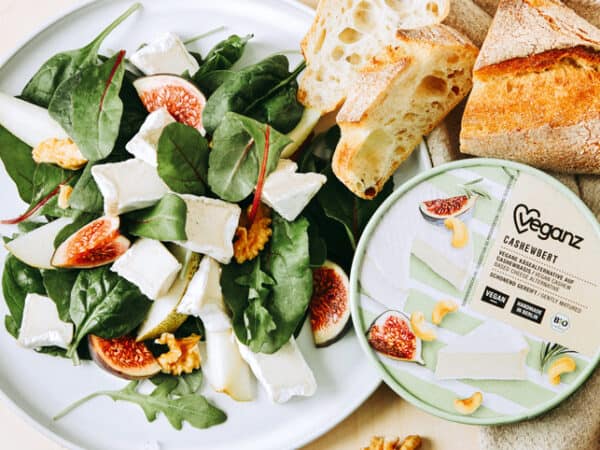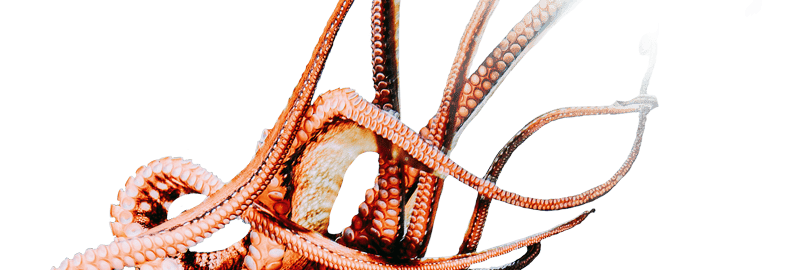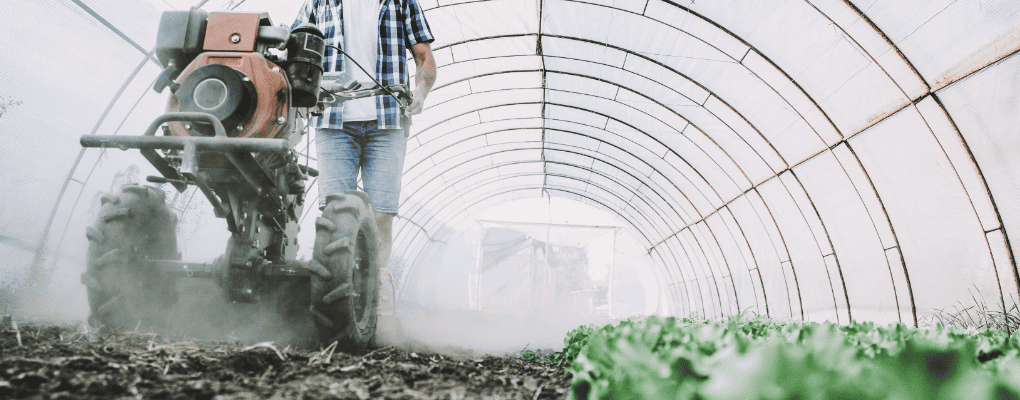
VEGANZ Founder Jan Bredack produces climate-friendly food with his company. In an interview, the former Daimler Manager explains how important transparency is for better production and why customers need to ask questions.
Mr. Bredack, you opened your first vegan supermarket in Berlin while you were still a Daimler manager. From your time in the automotive industry, what was particularly helpful for you in building Veganz?
Certainly dealing with large numbers and being responsible for complex company structures. I also had to fight for my budgets with the board. That helped me enormously when approaching banks and investors to make sure everything could be funded.
Veganz started as a supermarket and has since transformed into a branded company as Veganz Group AG. What has this change in strategy meant for your company?
The more we headed in this direction, the more I could take from my previous life. I was responsible for all sales at Daimler Commercial Vehicles. And no matter whether the product is spare parts or food: In the end, it is
all about brand, price and quality. As a brand owner, you need to offer retail partners arguments as to why the products are desirable and why they belong on the shelf.
And why does Veganz belong on every supermarket shelf?
We positioned Veganz as a brand for climate and environmental protection. If a retailer wants to offer climate-friendly products today, they have to have our products on the shelf. They know that this is the only way to get a piece of the cake.
Are Veganz products manufactured or do you also
produce them yourself?
This is another stage of transformation. As a full-range supplier, however, we cannot and do not want to produce everything ourselves. We have therefore selected segments in which we firstly have a high level of competence, secondly see great potential and thirdly in which we believe the recipe and production are worth protecting. We currently produce plant-based Camembert and other soft cheeses on a small scale following old traditions. But we are also developing fish alternatives, such as an algae-based salmon. We also produce dry meat substitutes. A 4,500 square meter production hall, the largest of its kind in Europe, is being built for production in Berlin-Schönefeld.
You already mentioned climate protection: How do you determine the climate impact of your products?
At Veganz, we measure the entire value chain, from cultivation and transport to the product on the shelf. We calculate CO2, animal welfare, transport and water consumption. Cultivation accounts for the majority of resource consumption, so sustainable, regenerative forms of cultivation should be chosen.
How do you make this transparent for the customer?
Our sustainability score was developed together with the Swiss Eaternity Institute. Veganz compares each of its products with 110,000 others in a database. We put the score on each package, so that it is immediately visible to the customer on the shelf. Companies such as Rewe and Hochland now also use this score.
So is transparency the key to achieving the transition towards better food production?
Absolutely! Let me illustrate it again using the automotive industry as an example: Since cars have been labeled in terms of their CO2 footprint, this figure has become the benchmark for the production of new models. We would like to achieve exactly the same with food. With Eaternity, we have managed to create a scientifically comprehensible, common denominator
for sustainability and to communicate the whole thing in simple terms: Three stars in the sustainability score mean very good forthe climate, two stars are also good, and one star means worse than average.
120 vegan products – 18.000 sales outlets in 28 countries –
105 employees
How realistic is it that sustainability will also play a role
in conventional products in the future?
In the food sector, value chains are stretched to the limit and there is massive competition between retail partners. It is hardly possible to incorporate sustainability aspects here, as it would simply be too expensive. It must therefore all start from the grass roots, i.e. the consumers.




